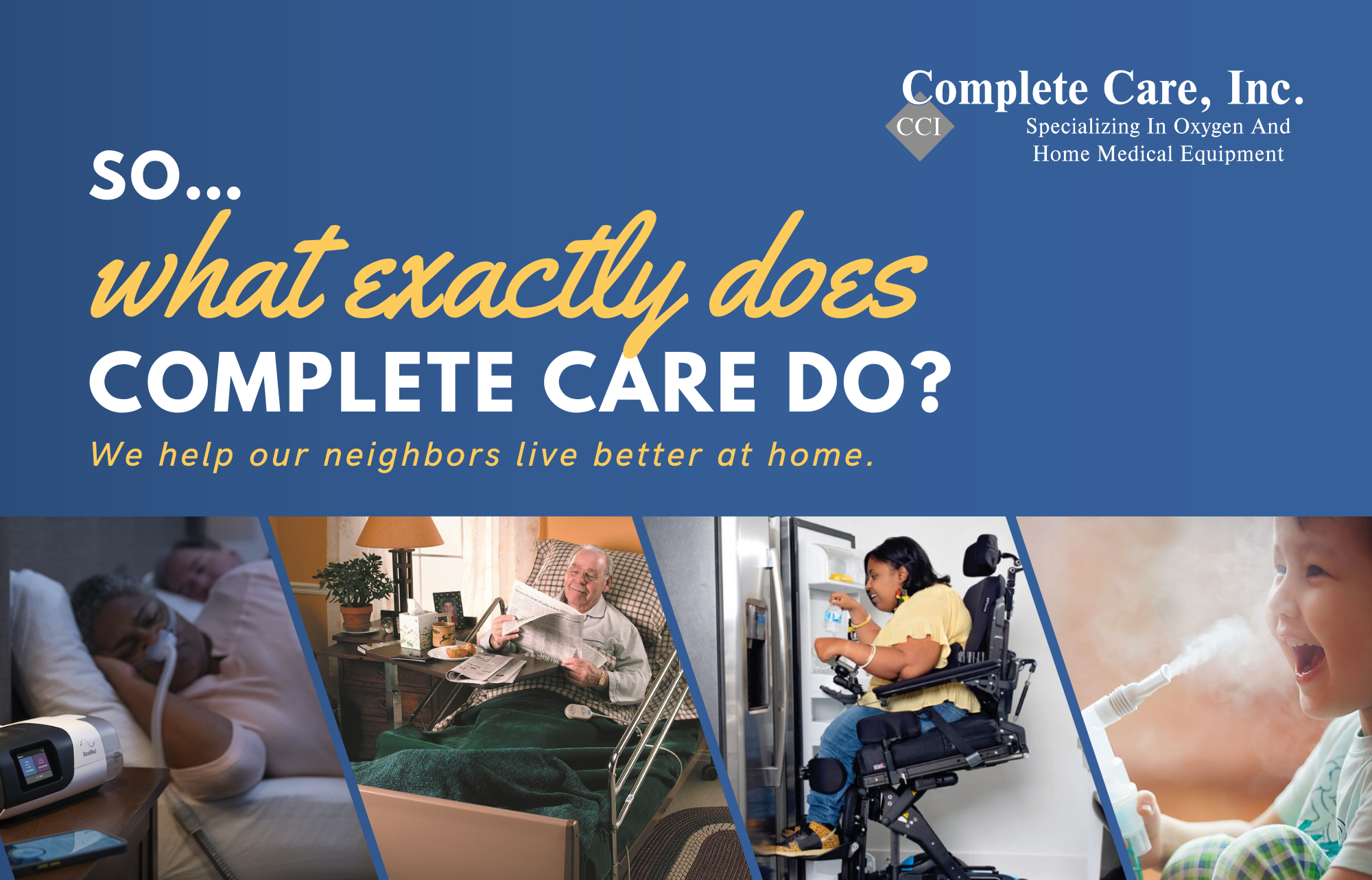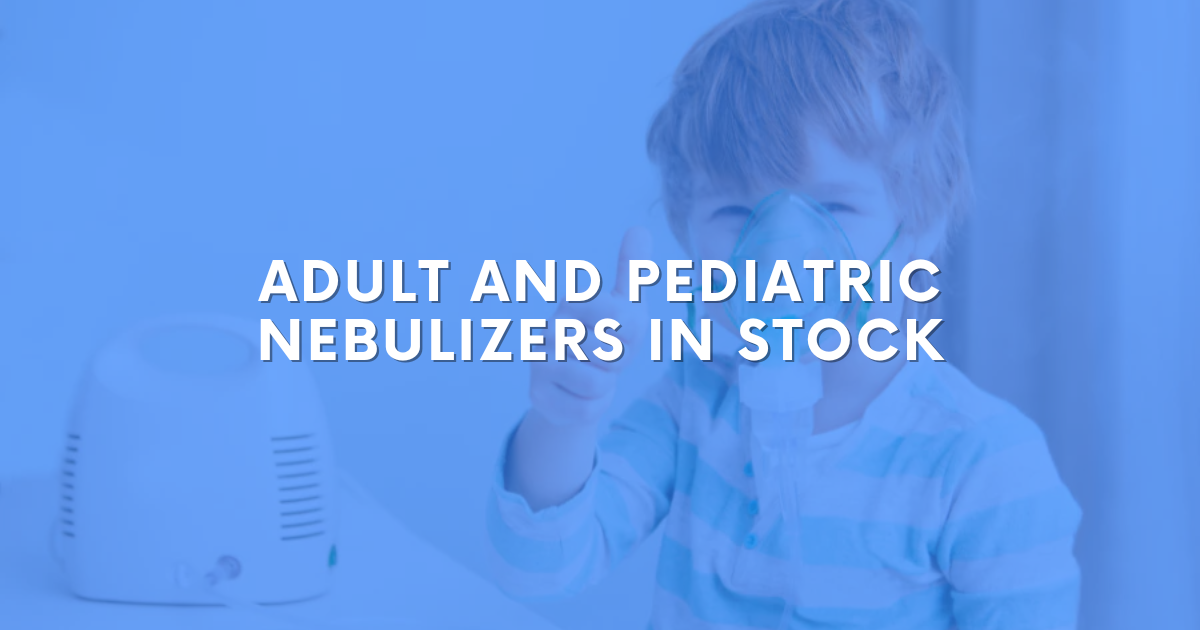Why Some CPAP Users Can Skip the Humidifier During Summer Months
While many CPAP devices come equipped with a humidifier, some users may find that they can forgo its use during the warmer summer months. This article aims to shed light on why some CPAP users may not need a humidifier during this season and how they can adapt their therapy for optimal comfort and effectiveness.
Humidity Levels during Summer
One of the main functions of a CPAP humidifier is to add moisture to the air delivered through the machine. This is particularly beneficial in colder months when indoor heating systems can cause dry air, leading to potential discomfort and irritation in the airways and sinuses. However, during the summer months, the ambient air already tends to be more humid due to higher outdoor temperatures. As a result, the air drawn into the CPAP machine is naturally more moist, making the use of a humidifier less necessary.
Comfort and Condensation Concerns
While humidifiers can offer comfort to CPAP users by preventing dryness in the nasal passages and throat, they may also lead to issues during the warmer months. High humidity levels, both inside and outside the CPAP system, can cause condensation to form within the tubing and mask, leading to discomfort and potential disruptions in therapy. Some users might find themselves dealing with water droplets in the mask or even "rainout," a phenomenon where condensation forms in the tubing and splashes onto the face. By forgoing the humidifier during summer, users can reduce the likelihood of such issues and ensure a more comfortable experience.
Hygiene Considerations
CPAP humidifiers require regular cleaning and maintenance top re vent the growth of mold, bacteria, and other pathogens. With higher humidity levels during summer, the risk of microbial growth may increase, necessitating even more frequent cleaning. By choosing not to use the humidifier during this season, CPAP users can simplify their cleaning routine, ensuring that their equipment remains safe and sanitary.
Travel and Portability
Summer often brings vacations and travel opportunities, and for CPAP users, this means being able to adapt their therapy to different environments. Carrying a humidifier along during travels can add bulk and weight to the CPAP setup, making it less portable and potentially cumbersome during summer trips. By opting not to use the humidifier, users can enjoy the convenience of a more streamlined and portable CPAP system while on the go.
Personal Preference
Ultimately, whether a CPAP user needs a humidifier during the summer months is a matter of personal preference and comfort. Some individuals may find that they still prefer to use the humidifier for a consistent sleep experience, even in humid conditions. Others, however, may discover that their therapy remains effective and comfortable without the added humidity.
CPAP therapy is a life-changing treatment for sleep apnea, and the inclusion of a humidifier in the CPAP setup has been a boon for many users, especially during colder and drier months. However, during the summer, when humidity levels tend to rise naturally, some CPAP users may find that they can comfortably forgo the humidifier. By understanding the reasons behind this decision, such as the already humid ambient air, condensation concerns, hygiene considerations, portability, and personal preferences, users can make informed choices that ensure their CPAP therapy remains effective, comfortable, and tailored to their needs throughout the year.
As always, it's essential to consult with your doctor or Respiratory Therapist for personalized advice and recommendations based on individual health conditions and sleep requirements.
Complete Care is a premier Home Medical Equipment (HME) company serving the Northeast Alabama region. With a steadfast commitment to improving the quality of life for our valued customers, we specialize in providing a comprehensive range of medical equipment and supplies for individuals in need of in-home healthcare solutions.
Book an Appointment
Need assistance following your doctor's orders for CPAP therapy?
Our certified Respiratory Therapist is here to help.
Contact us today to schedule an appointment at of our convenient Fort Payne or Scottsboro locations.






